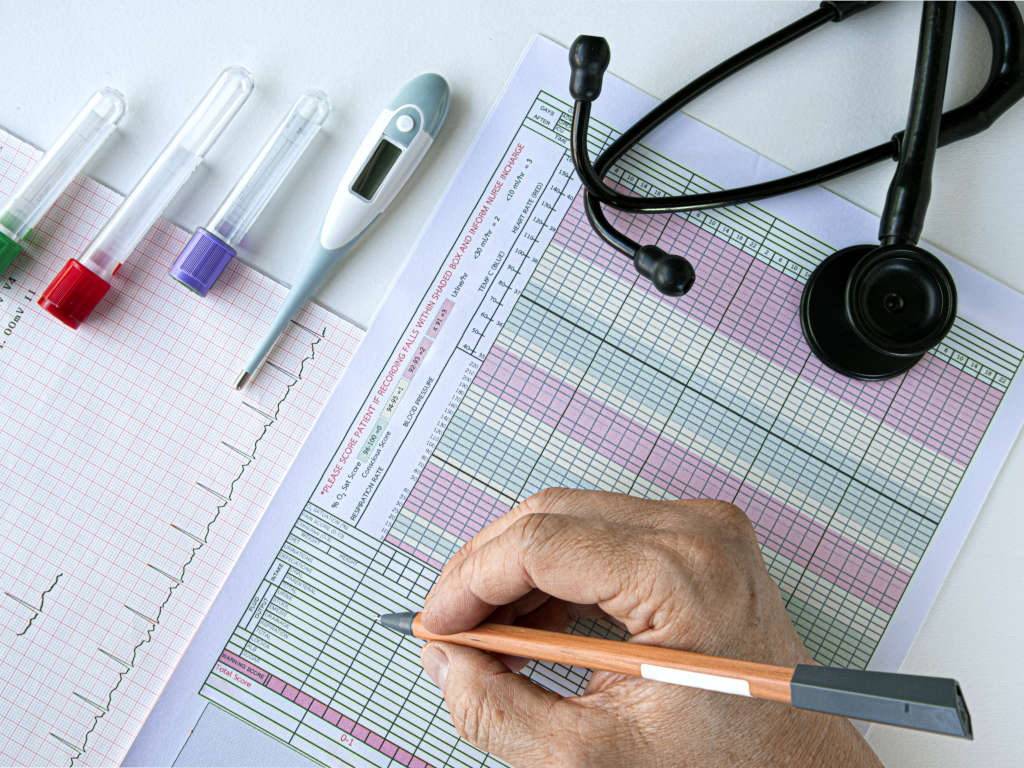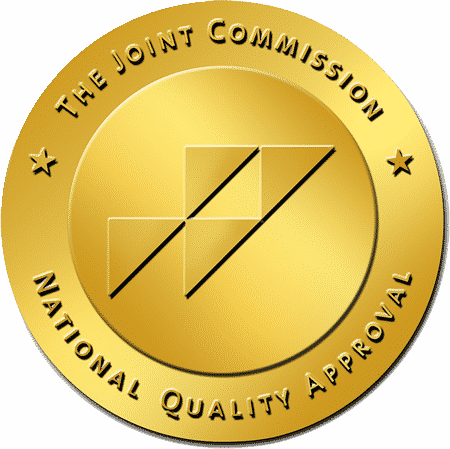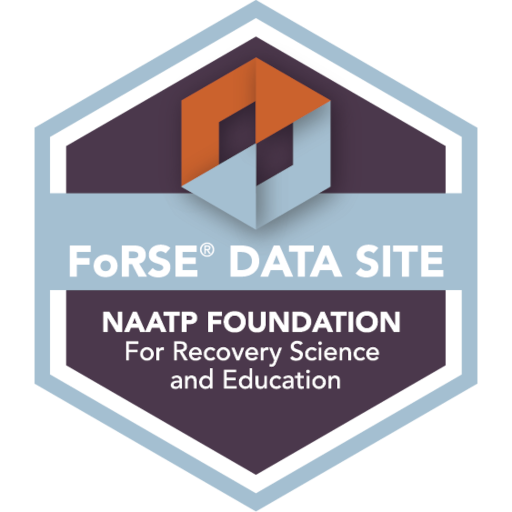What is Chemical Dependency?
Chemical dependency occurs when a person becomes physically dependent on a drug or alcohol use and need certain amounts of these substances to feel normal and to function in everyday life.
A person suffering a chemical dependency will experience withdrawal symptoms if they abruptly stop using the substances on which they are dependent.
The same condition may be called drug or alcohol dependency.
What Is a Chemical Dependency Evaluation?
A chemical dependency evaluation is performed during the intake and assessment stage of treatment to determine which therapies and programs will work best for a person who needs help recovering from a chemical dependency or substance use disorder.
The evaluation reveals if a person is physically dependent on drugs or alcohol, and identifies which drugs are being used.
Vital factors include age, the type and amount of substance being used, whether they have a co-occurring mental health disorder, and the extent any disorders have affected their life.
What Happens During a Chemical Dependency Evaluation?
A chemical dependency evaluation is part of the intake and assessment stage of treatment that all patients undergo as soon as they arrive at an addiction treatment center or hospital.
A licensed addiction counselor or a team of addiction treatment professionals comprised of social workers, doctors, psychologists, psychiatrists, and therapists may perform the evaluation.
Chemical dependency evaluations take between one and two hours to complete, during which the patient will be interviewed about substance use, treatment history, medical history, work, recreation, and family lives.
Two Parts: A Screening and an Assessment
Chemical dependency tests normally consist of a screening and an assessment.
The screening test helps to determine whether the person medically suffers from drug or alcohol dependency and whether he or she will benefit from treatment.
The assessment is to make a diagnosis for the patient and develop a personalized treatment plan based on the diagnosis.
Patients are questioned about addiction and recovery and given the opportunity to voice concerns they have about treatment for their use disorder.
Why do People Need a Chemical Health Evaluation?
There are many reasons a person may need a chemical health evaluation and assessment.
Primarily, the examination is necessary to help determine the most effective treatment for recovery from chemical dependency and to reduce the risk of severe complications.
A person may also receive a chemical health assessment under order of a judge or probation officer, or as required by an employer or school. Underage use of alcohol, possession of illicit drugs, a DWI arrest or conviction, or an attorney’s request prior to a court hearing are some of the reasons for this type of health evaluation.
Sometimes an evaluation follows friends or relatives performing an intervention for someone suffering from substance abuse. In this case, a chemical dependency test is a first step toward getting their loved one into addiction treatment.
Questions That May Be Asked
Questions asked during an evaluation may include ones about:
- Kinds, amount, and length of substance use
- Cultural issues around substance use
- Medical history
- Current medical problems or needs
- Current medications (including drugs for pain)
- Mental health or behavioral issues
- Family and social issues and needs
- Legal or financial problems
- Educational background and needs
- Current living situation and environment
- Employment history, stability, problems, and needs
- School performance, problems, and needs, if relevant
- Previous substance use disorder treatment experiences
Types of Substance Abuse
Most substances abuse falls into two categories, drug addiction or alcohol abuse.
According to the National Center for Drug Abuse Statistics:
- 11..7 percent of US citizens aged 12 and older use illegal drugs
- 19.4 percent of US citizens aged 12 and older used illegal drugs or misused prescription drugs within a recent year
- 60.2 percent of US citizens aged 12 and older abuse substances if alcohol and tobacco are included.
Drug Addiction
Drug addiction is a chronic, worsening disorder characterized by compulsive drug-seeking and use despite negative outcomes. It is considered a brain disorder, because it involves development of operative changes to reward, stress, and self-control circuits in the brain.
Like heart disease, it disrupts the everyday, healthy functioning of an organ in the body. In many cases, both are preventable and treatable, but can be serious and fatal if not treated.
Alcohol Abuse
Alcohol use disorder is a potentially fatal illness, characterized by cravings, tolerance (needing more), physical dependence, and loss of control. Chronic alcoholism can lead to damage to the liver, and over time cause cirrhosis.
Nearly 100,000 Americans die annually because of alcohol abuse, and alcohol factors in more than half of the country’s homicides, suicides, and traffic accidents.
While drug addiction and alcohol abuse are products of a disease, taking responsibility for one’s actions is still key to the outcome of a successful recovery.
The Evaluation Process at La Hacienda
A thorough, in-person evaluation of each patient is the first step at La Hacienda Treatment Center. Medical and clinical staff meet with and assess each new patient. With this information in hand, a case manager is assigned to be the point person for them through treatment.
The evaluation also helps the medical and clinical staff determine medical co-morbidities or mental illness that may need to be considered when treating the chemical dependency.
Substance Abuse Treatment at La Hacienda

Since 1972, La Hacienda Treatment Center has helped persons with substance abuse and addiction use disorders address their chemical dependencies and start a lifetime recovery process.
Medically supervised detoxification minimizes problems with withdrawal symptoms. A member of the on-campus, board-certified medical staff also sees patients daily in their office. Doctors and nurses also treat any health issue symptoms that occur during treatment.
Professional counseling is provided through a case manager assigned to the patient, working with them in one-on-one and group sessions.
Special interest support groups (for example, one for women) provide support and counseling that addresses issues specific to them.
Family Therapy and More
Support is available for patients’ families through a week-long Family Program in which they learn more about substance use disorders, improving communication skills, and providing effective support for recovery.
Patient can also receive training about the risk of relapse into substance abuse, including recognizing the warning signs, and how to avoid it and live a sober life.
Upon completion of the residential treatment program, patients receive a continuing care plan for the next six months that includes contact information for alumni and 12-step support groups in their home area.
Call Today for Admission Information
If you or a loved one has a chemical dependency, either drinking or drug abuse, phone (800) 749-6160 and talk with one of our on-campus admission specialists. They will answer your questions and tell you what to expect about the process.
Adult Chemical Dependency Recovery Program
Successful treatment of alcoholism and other drug addictions at La Hacienda Treatment Center is rooted in a strong introduction to the 12-Step Program and solid counseling administered by a competent and empathetic staff.

Chemical Dependency Counselor
A chemical dependency counselor is a qualified mental health professional who specializes in chemical dependence or addiction. Such programs work with chemically dependent persons to address the reasons behind their substance abuse problem or addiction.

Chemical Dependency Treatment
Treatment begins with a dependency assessment, followed by detoxification (if necessary), and personal and group counseling with a counselor to identify and address the patient’s issues. Other therapies to expect include an introduction to the 12 steps, informational talks, special interest group sessions, family therapy, and a plan for making contact with alumni and support groups after treatment.

Seek Medical Advice Regarding Treatment
Sudden cessation of use of drugs or alcohol can be harmful. It is best to seek the advice of a medical professional for help with a chemical dependency, either drug abuse or alcohol abuse. A doctor can perform a physical examination, study a person’s behavior, review their health history, and determine which therapy process will work best.

What is Chemical Dependency?
Chemical dependency occurs when a person becomes physically dependent on a drug or alcohol use and need amounts of these substances to feel normal and to function in everyday life.




